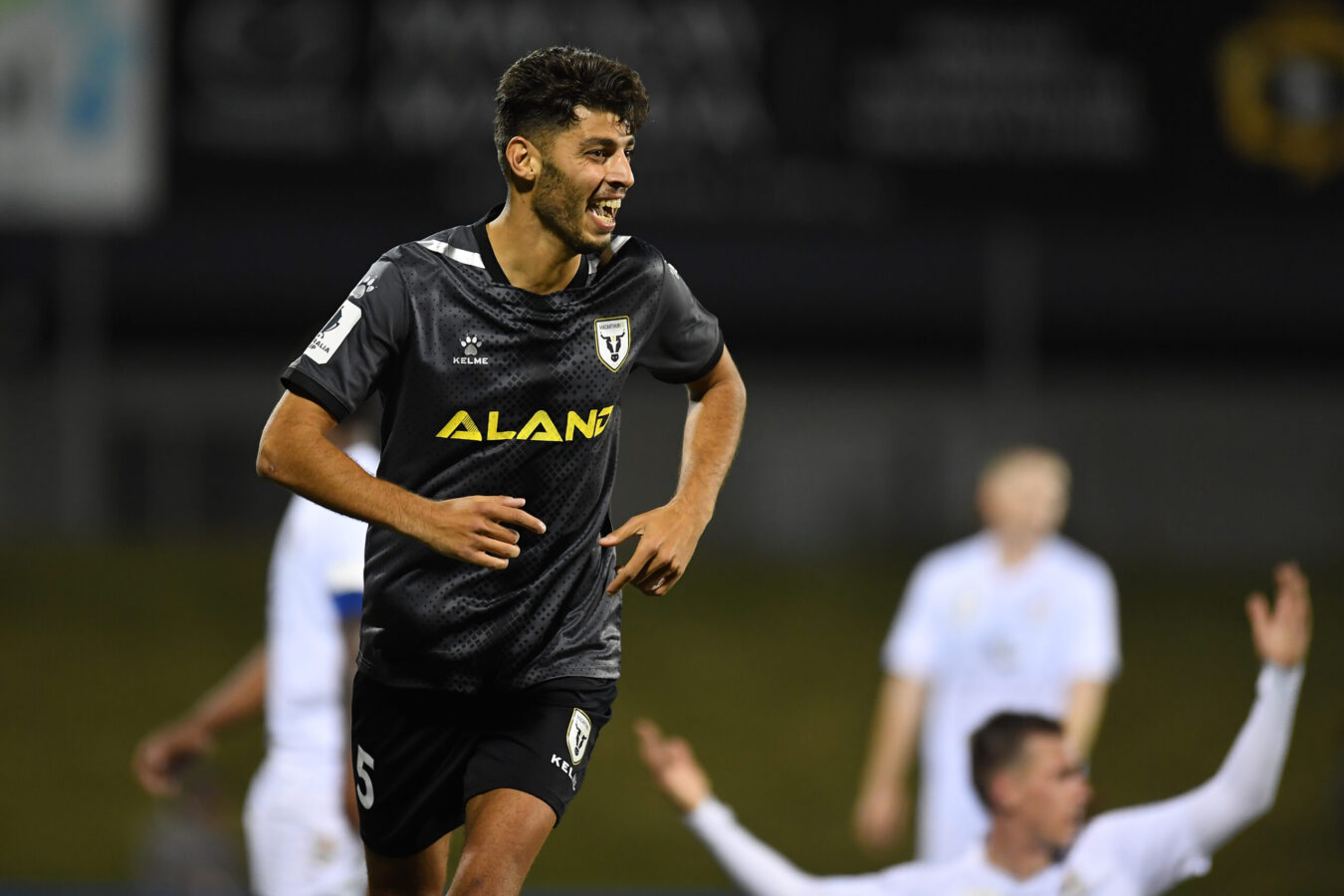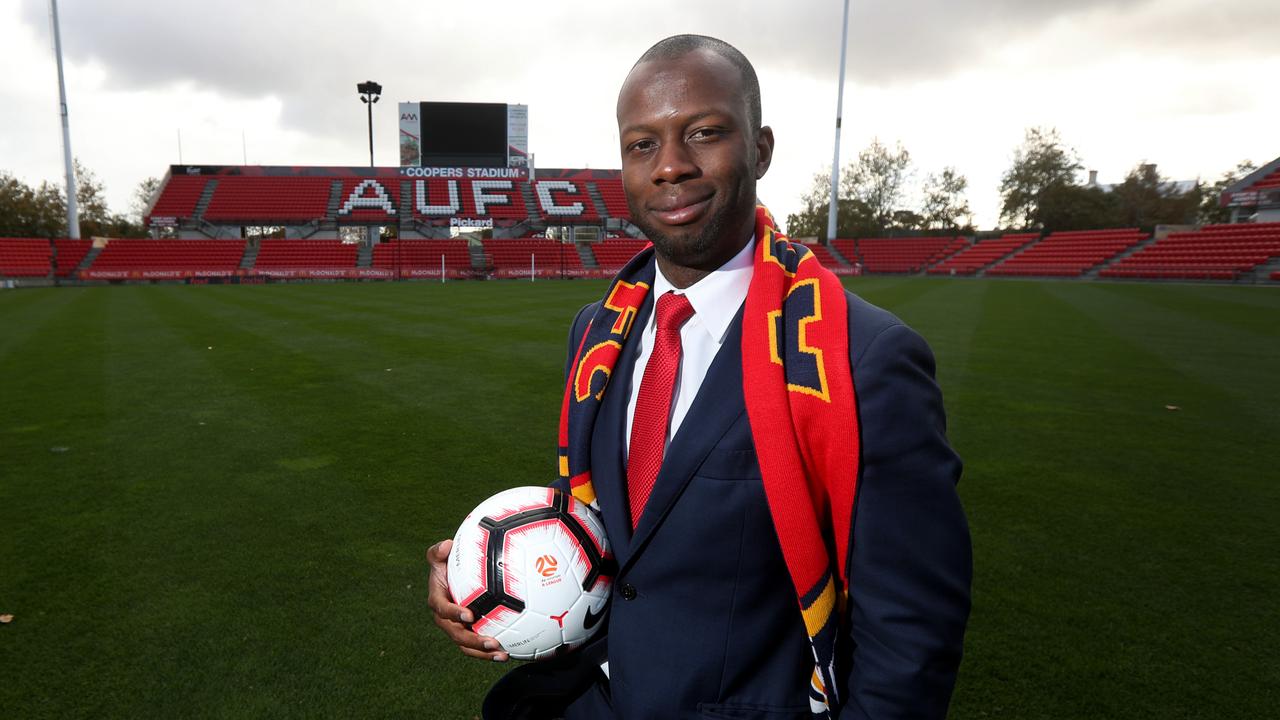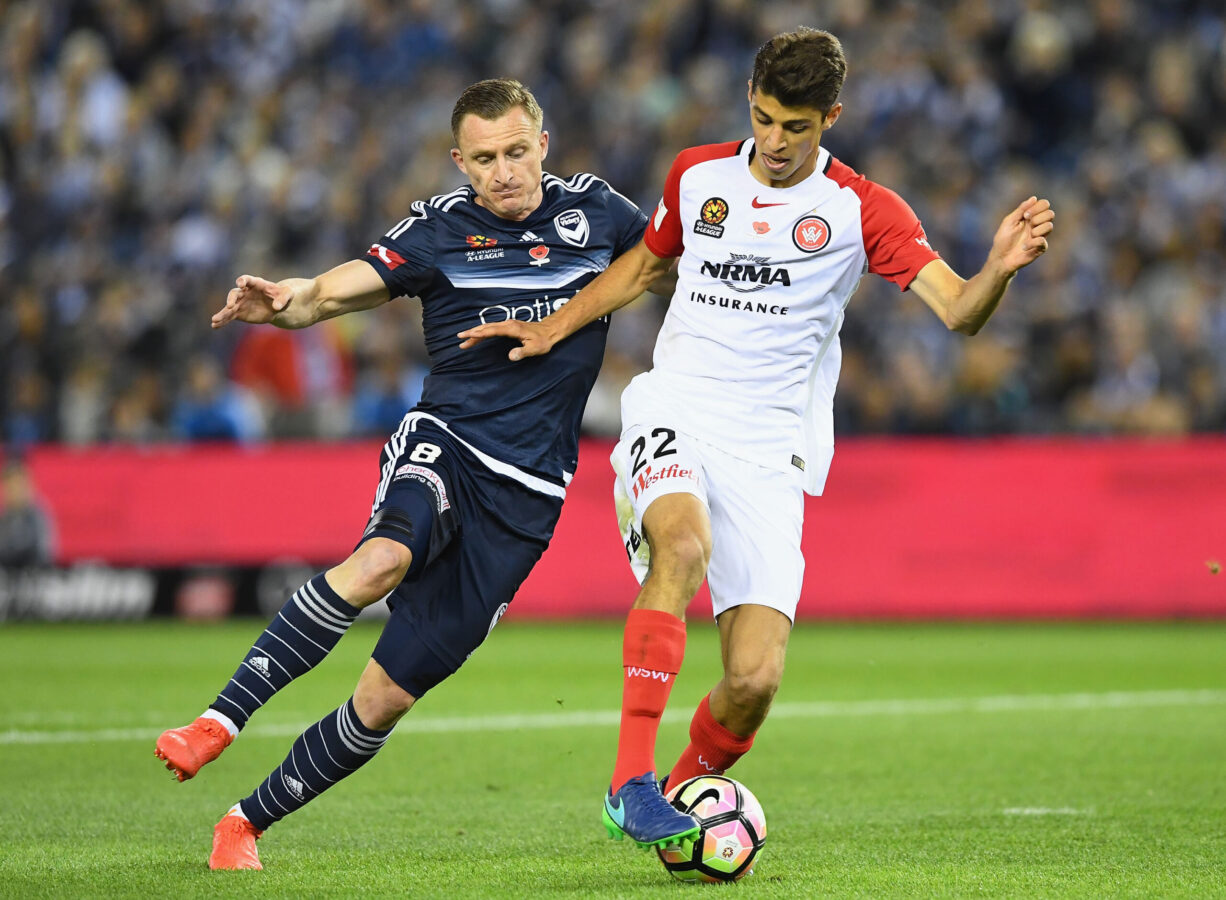When he hangs up his boots, Jonathan Aspropotamitis wants to continue his love of football – off the pitch.
And after recently completing a Bachelor of Management, with the support of the PFA’s education grants, the Macarthur FC defender can start to home in on what his life post-playing will look like.
The 26-year-old graduated last week with his first degree and has already started to think about what the future might hold, and how it could marry with his football experience and his tertiary education.
“I love the game, I love football, so I would love to combine the two [management and football],” Aspropotamitis told pfa.net.au.
“That could be coaching – I could try and do my coaching courses through the PFA – or it could be a director of football role. A director of football role, or a role in football operations, really interests me.
“That sort of role would be a perfect way to combine my love for football, but also the passion that I have for the management side of things, which I learned through uni.
“I haven’t put my finger on which one I want to [pursue] because sometimes I see coaches and I see that it can be a difficult, uncertain, and stressful job. My strength is perhaps more in organisation and management of people.

“My studies helped with managing people, managing businesses, managing expectations within businesses, as well as people’s expectations and different attitudes in the workplace. I learned great lessons about what I want to do after football and that will hopefully be within a business or in a football club, working with people and dealing with different problems.”
Australian clubs have traditionally provided pathways and opportunities to former players in football departments and coaching roles.n Aspropotamitis believes a good example to aspire to, and follow in the footsteps of, is former Adelaide United Football Director, Bruce Djite.
“If I was to look at a director of football role, I look at someone like Bruce Djite. I would like to meet him one day and I’m sure he could provide an understanding of the landscape and what’s required [in that role].
“From memory, he followed a similar path while playing – he did his courses at uni and got a bachelor’s degree – and then when he finished playing, he went on to be the director of football at Adelaide.
“So, that’s someone that I’d love to chat with one day, love to meet and kind of pick his brain about the ins and outs of that job.”
While it is tempting to map out the future, Aspropotamitis is hopeful he will have many more seasons left of his playing career.

“For the moment, having just finished up [university] and having a bit longer in the game before I get to jump into that type of role, my focus will be playing but also just understanding, from a player’s perspective, what are the requirements of a football director role or a coach? What would a player be looking for in a director of football?”
After juggling study, football and navigating some of his coursework during lockdown due to the coronavirus pandemic, Aspropotamitis said his study required perseverance and discipline.
“It wasn’t an easy path because we were in hubs, or we were travelling [during the covid-19 impacted A-League seasons]. The last thing at the time I wanted to do was put my head down in a book or put my head down in a laptop and revise for an assignment.
“All I could think about at that time was getting back to family. We had multiple quarantines, so my head wasn’t in the best space at that time.
“But I realised at that point I was so close to the end of my degree and instead of tossing it away, I decided I should finish it off. That’s where I got great support from my family and my friends.”
The stark reality of how short a players’ professional career was also a motivator for the former Western Sydney Wanderers’ youth product. According to PFA research, the average career lasts between just three or four seasons.
“There were times when I probably thought that study was a bit much. But I always thought about the future and the possibility that if I stopped playing the game, I needed to fall back on my education. Nearly every year there are players who don’t get contracts, or they get a serious injury – these things happen in football.

“Having a backup was really important for me, but also something that kind of took my mind away from the pressures of playing every week. As players there are so many ups and downs every week.
“The one constant was always my study and support that I had around me. It was always the one thing that kind of brought me back to the real world.
“It’s helped me massively and I definitely encourage a lot more players to study because it’s something that is very much underappreciated, given the impact it can have on your career and also your life.”







